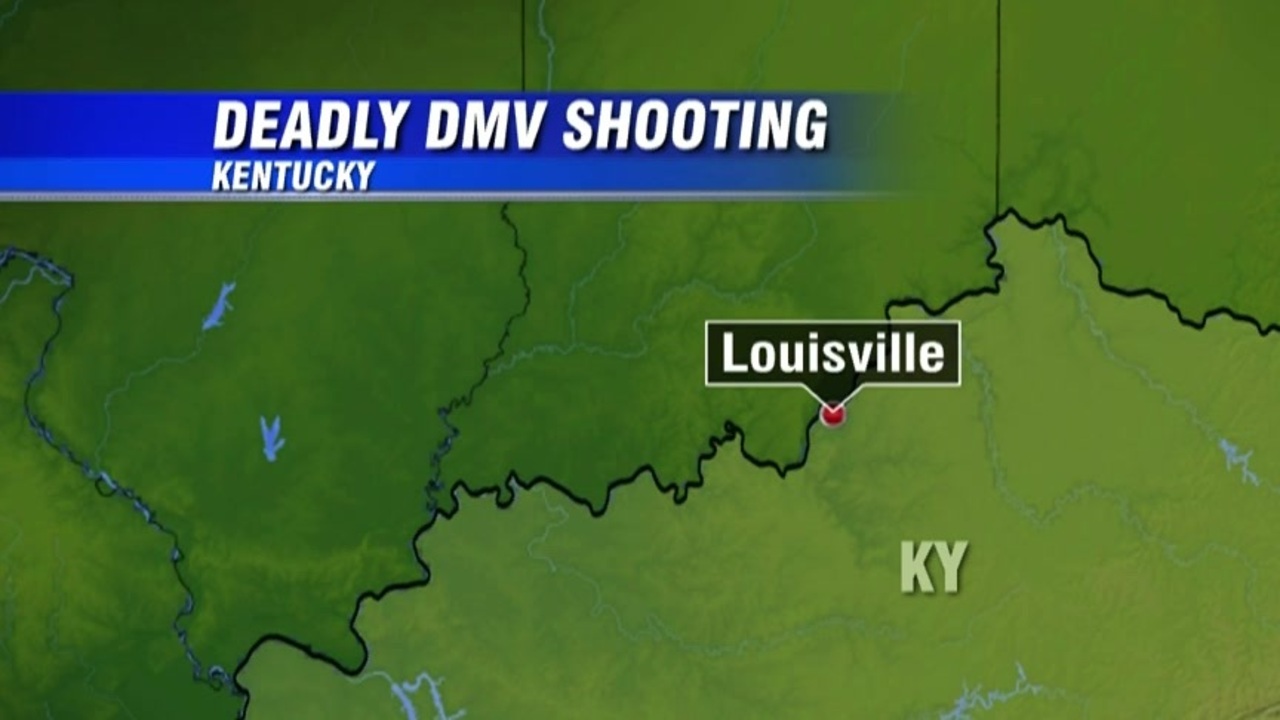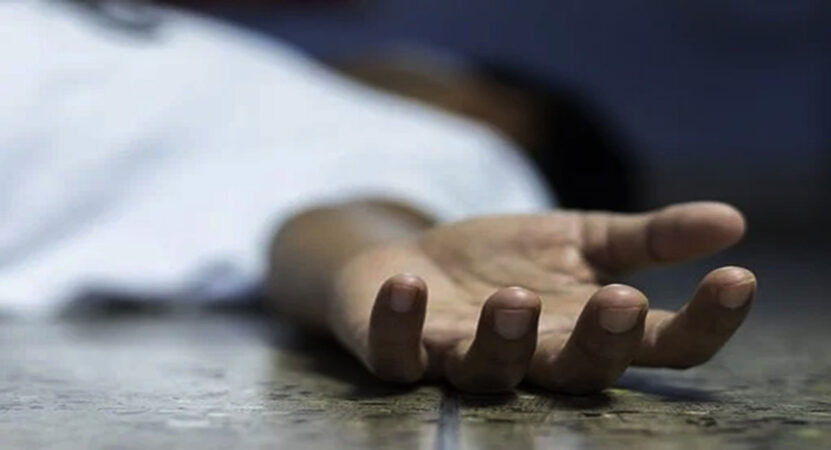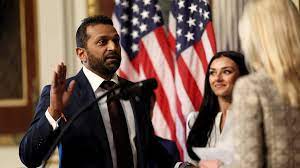Sanjeev Chawla, accused in the 2000 cricket match-fixing racket, extradited from UK to India
Thu 13 Feb 2020, 17:07:46
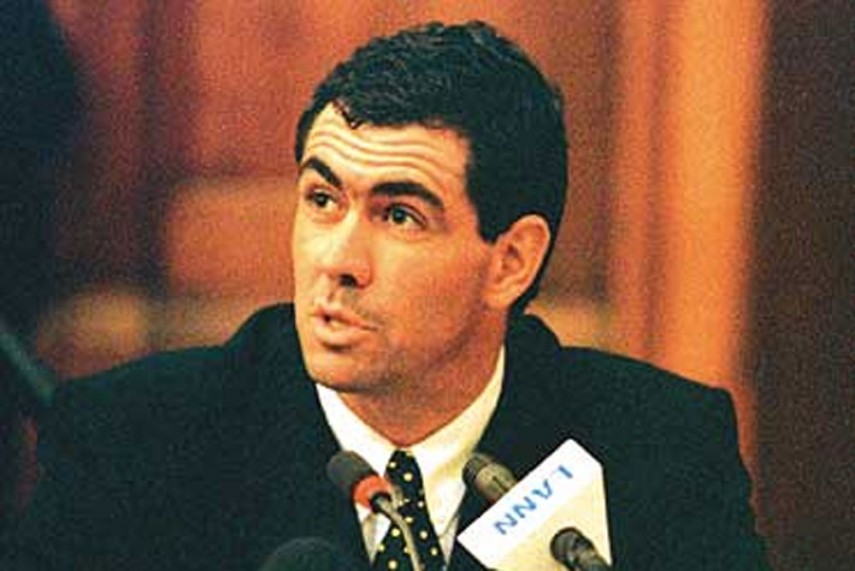
Sanjeev Chawla, who was allegedly involved in a match-fixing racket, has been extradited from London and brought to Delhi. He is wanted in India to face charges of match-fixing during South Africa’s tour in 2000.
This is India’s first successful extradition since the treaty was signed with the UK in 1992. The only previous instance of extradition was voluntary: Samirbhai Vinubhai Patel, who was wanted in a case related to the 2002 Gujarat riots, agreed to be extradited in October 2016.
The European Court of Human Rights had last week refused to intervene and earlier Chawla was refused permission to appeal during a hearing on January 16. The relevant order to extradite him within 28 days was passed on January
23.
23.
Chawla will be lodged in the Tihar Jail.
According to court records, India sought Chawla’s extradition due to his alleged criminal conduct between January and March 2000. It was discovered when law enforcement agencies undertook telephone tapping in an unrelated investigation.
Chawla is alleged to have played a central role in conspiring with Hansie Cronje, the late South African cricket team captain, to fix a South African tour to India in February-March 2000.
Delhi-born Chawla moved to the UK in 1996. India made the extradition request on February 1, 2016, which was certified by the Home Secretary on March 11, 2016. His case was initially heard by the Westminster magistrates court and later by the high court.
No Comments For This Post, Be first to write a Comment.
Most viewed from National
Most viewed from World
AIMIM News
Delhi Assembly polls: Owaisi leads Padyatra in Okhla
Feb 01, 2025
We reject this Waqf Amendment Bill: Asaduddin Owaisi
Jan 30, 2025
Latest Urdu News
Most Viewed
May 26, 2020
Which team will win the ICC Men's Champions Trophy 2025 held in Pakistan/Dubai?
Latest Videos View All
Like Us
Home
About Us
Advertise With Us
All Polls
Epaper Archives
Privacy Policy
Contact Us
Download Etemaad App
© 2025 Etemaad Daily News, All Rights Reserved.

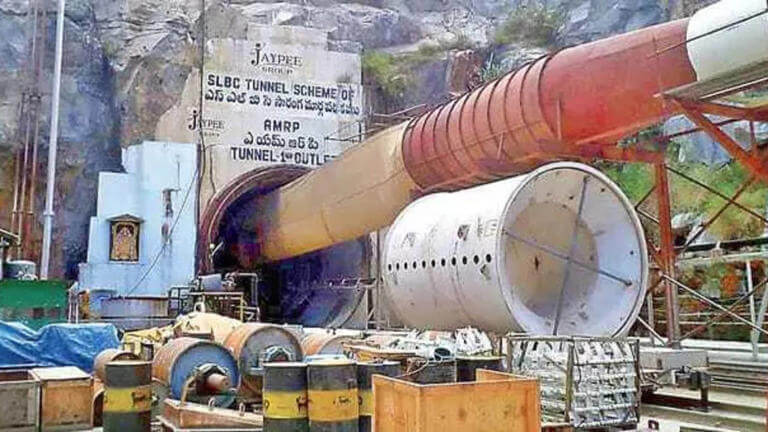
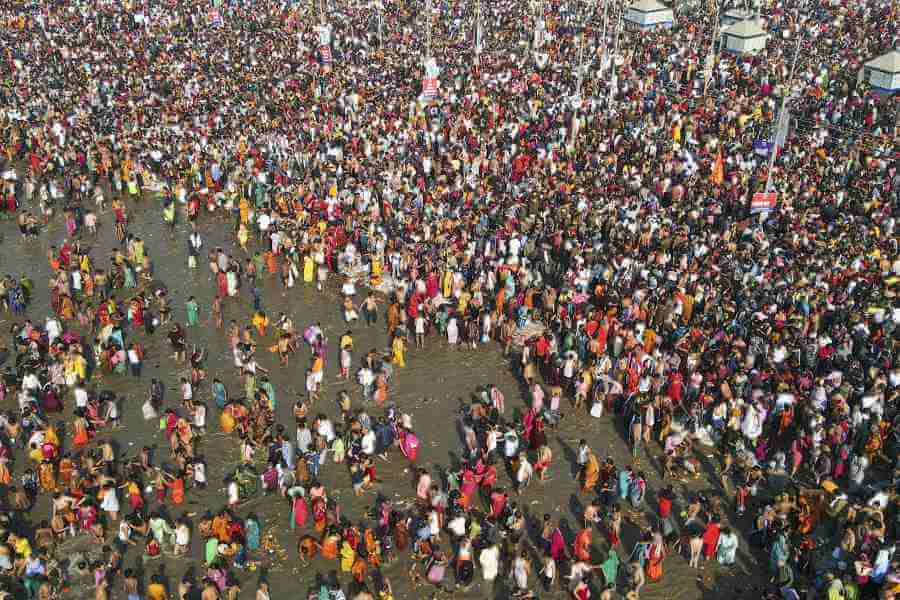
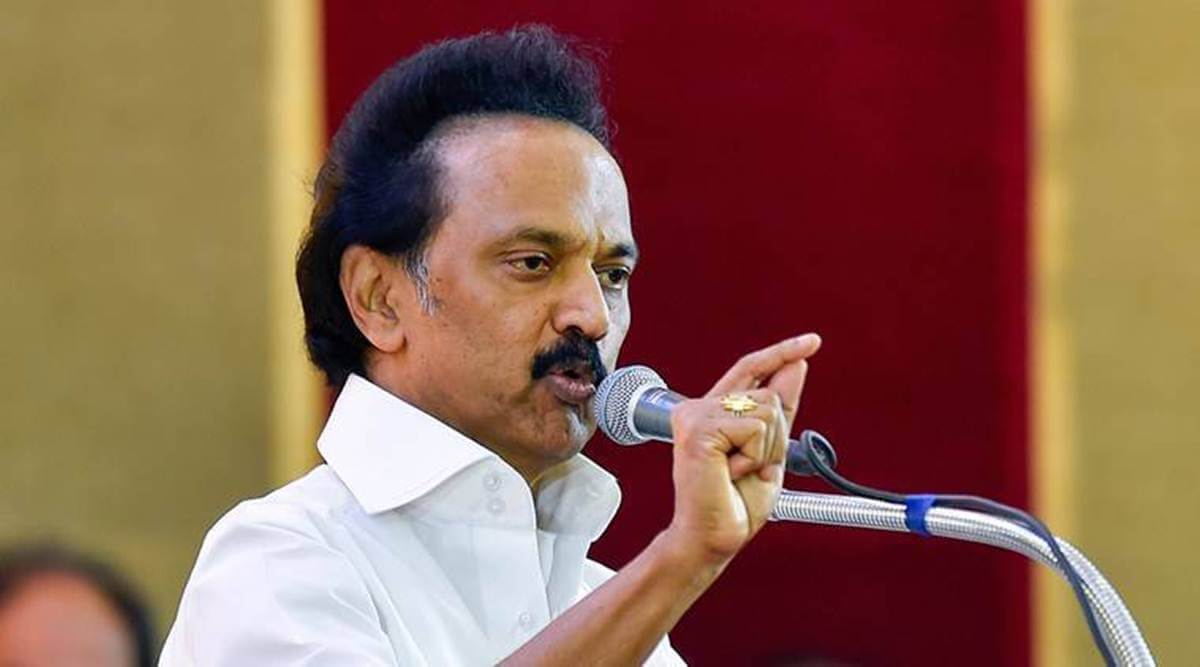
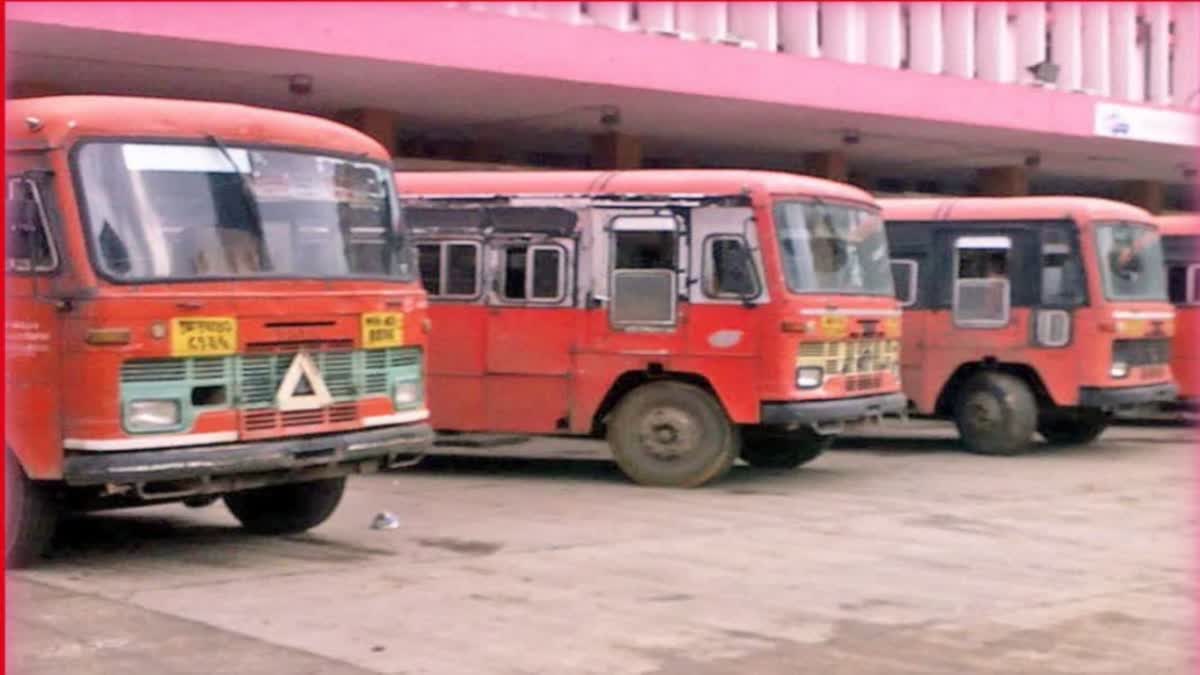
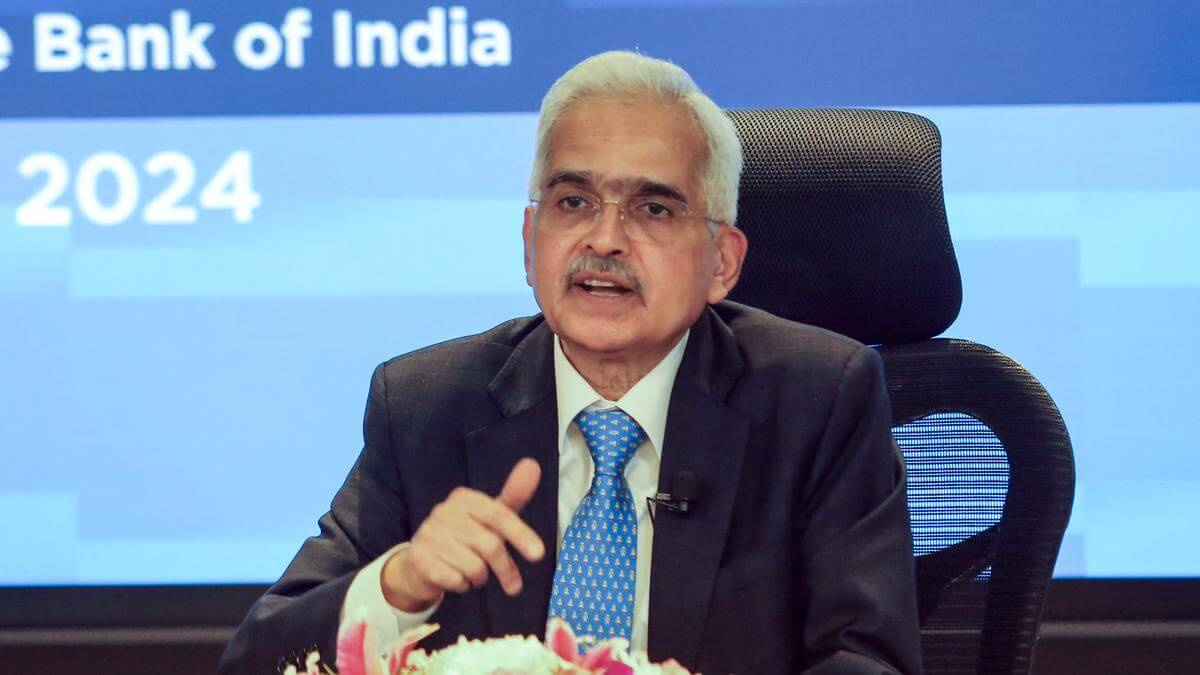
.jpg)
.jpg)
.jpg)
.jpg)
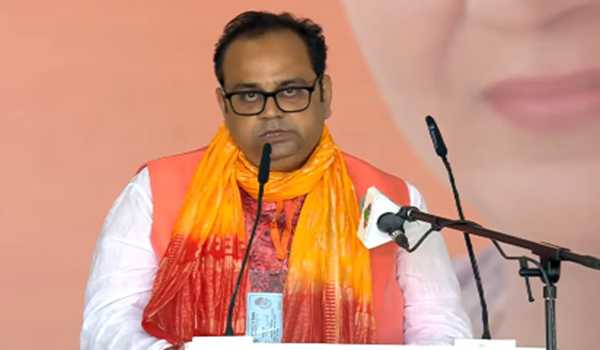
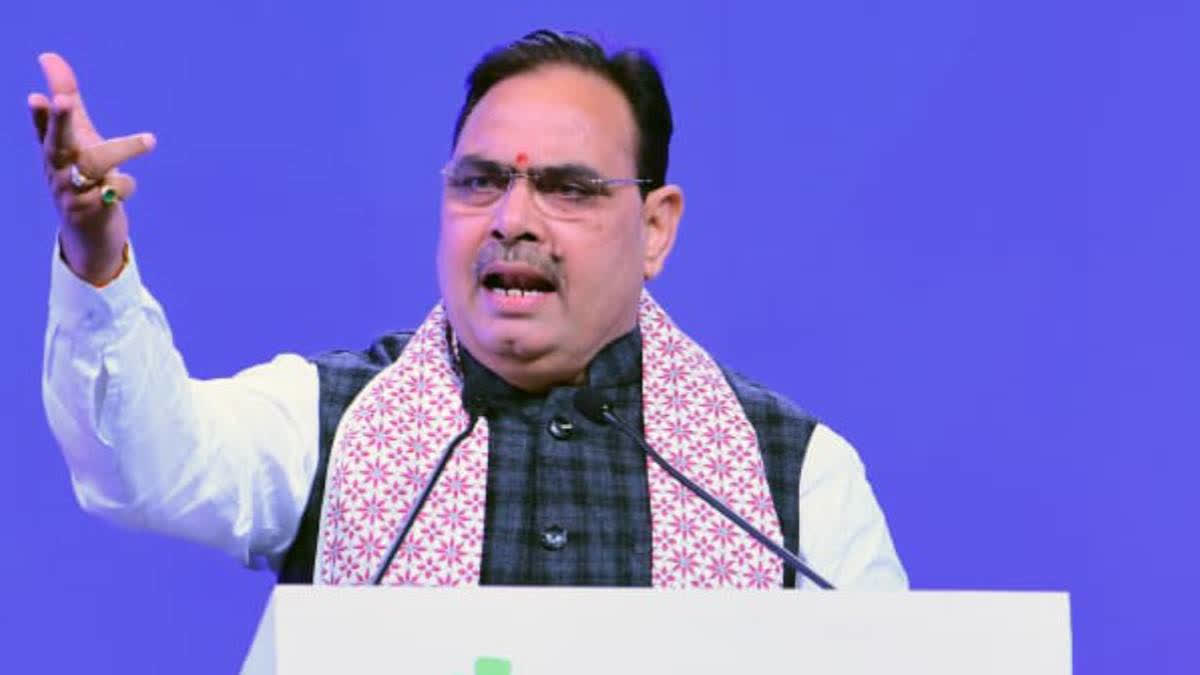
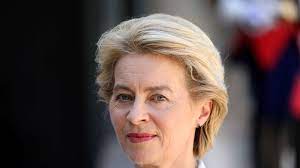
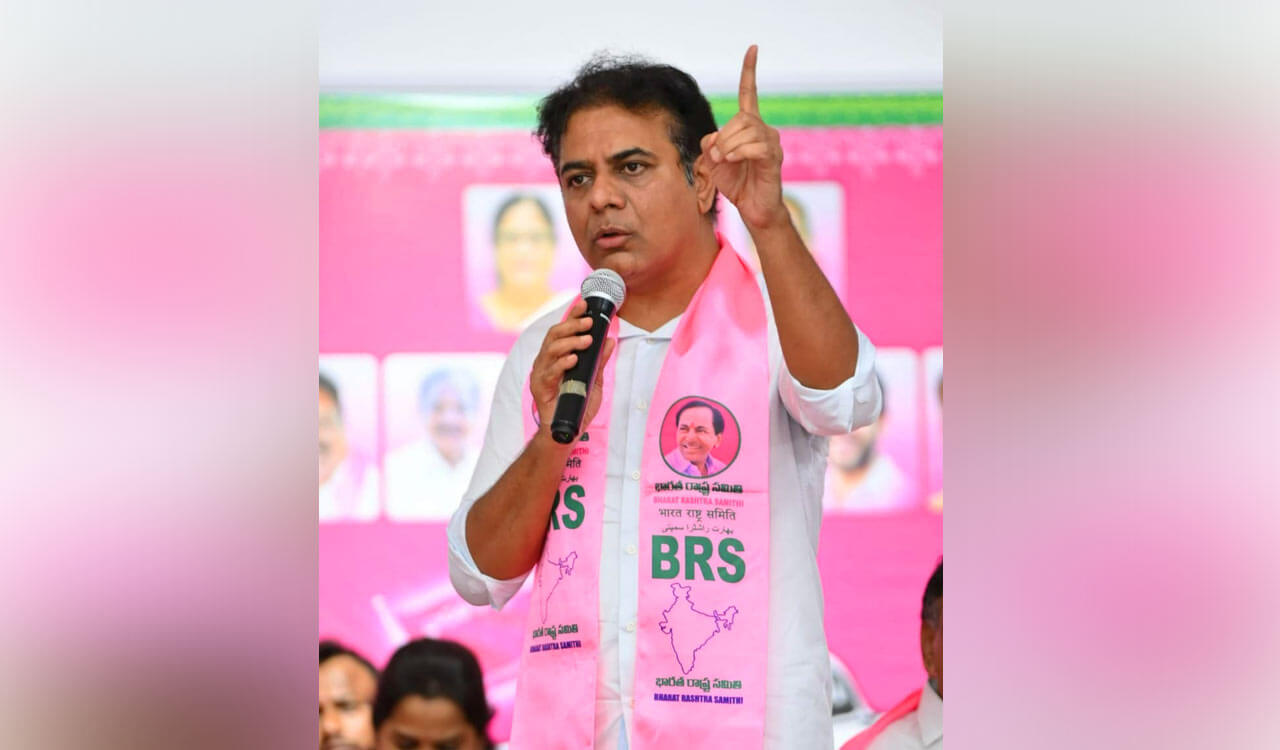
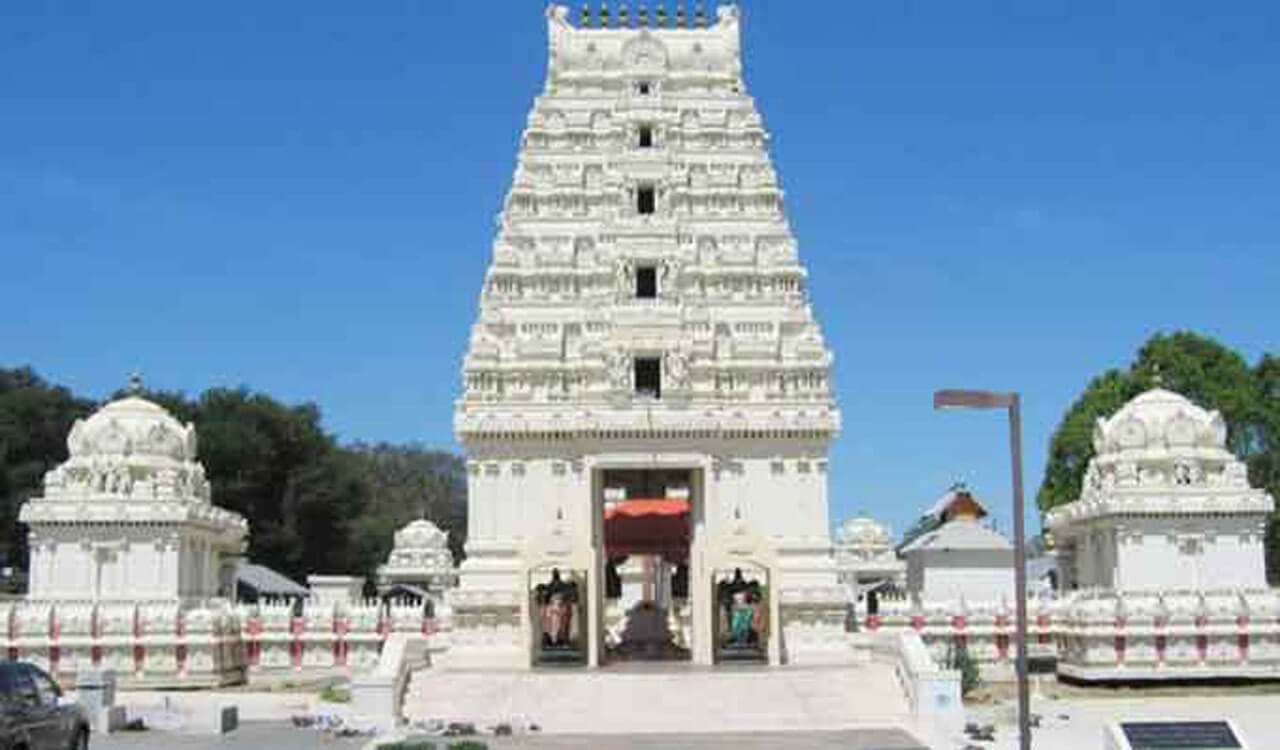
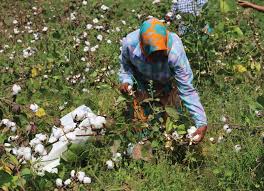
.jpg)
.jpg)
.jpg)
.jpg)


